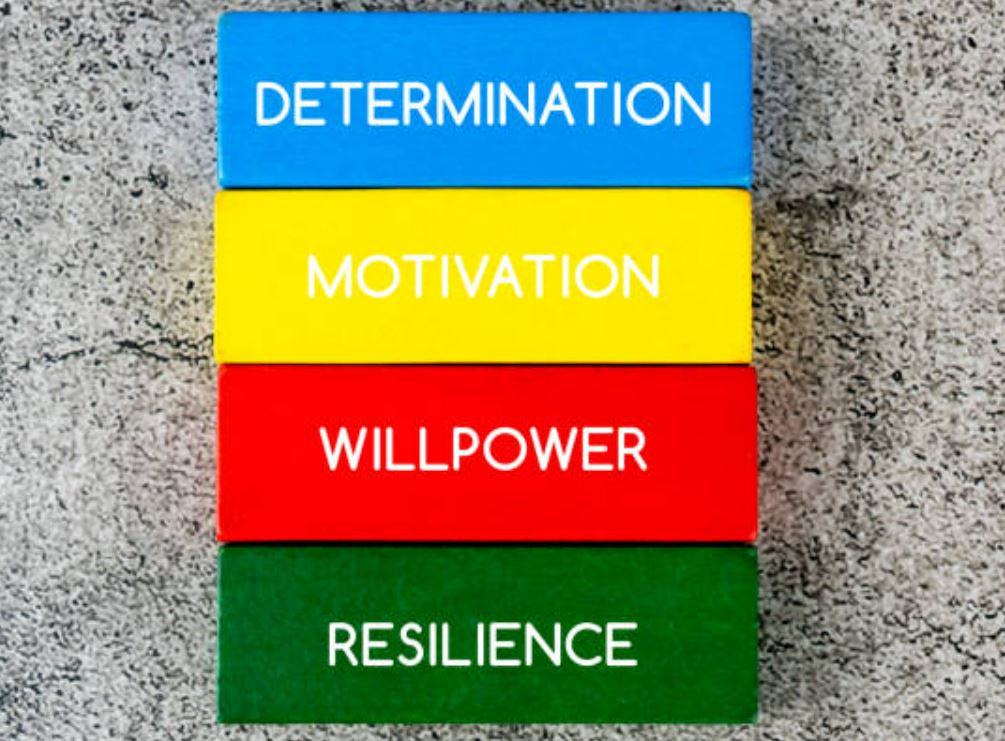This is the 3rd part of the article of “The Transformative Power of Sustainable Core Values III. In this article I will write more about Understanding Sustainable Values, and how Sustainable Values important in the individual and the business level in the fast changing world.
In the 2nd article I written about: Interpretations of values throughout different ages and history, Evolution in Values, Problems regarding Values, The importance of clarification in relationships and other connections, Values and Caring.
1st article written about: early stage clarification. Examples. Ethical principles. Role of Core Values in Decision-Making. In the 2nd you can read them soon: history,
Understanding Sustainable Core Values
Individual level
This term refers to the values which are ageless and help us to think future oriented. Maintain values and protect them not to be destroyed.
Represent values such as
- harmony,
- balance,
- freedom,
- sustainability,
- protecting individual values while doing the same with the crowd.
Business level
Sustainable values encompass principles and beliefs that endure over time, transcending short-term trends or fads.
These values are deeply rooted in
- ethical considerations,
- environmental responsibility, and
- social impact.

For businesses, sustainable values go beyond profit-making to encompass a holistic commitment to ethical business practices, environmental stewardship, and social responsibility.
Sustainable Core Values: The Pillars of Enduring Success
These fundamental principles need to guide a company’s behavior and decision-making processes.
Unlike fleeting trends, these values are designed to
- withstand the test of time,
- fostering resilience and adaptability.
Being cost-effective in
- conception,
- strategy and
- implementation just like the Greenfrastructures Creative Agency.
They are the pillars upon which a business builds its identity and relationships with stakeholders, creating a solid foundation for sustainable growth.
Sustainable Values Support Stability and Well-being
These are values that promote positive and healthy relationships among people, while supporting long-term sustainability and well-being.
Respect
Showing respect for others’ beliefs, values, and opinions is key to building strong and sustainable connections. By recognizing and valuing diversity, we can create a more inclusive and harmonious society.
Empathy
Involves understanding and sharing the feelings of others. It is an essential value for building compassionate and caring relationships, and for promoting social justice and equality.
Trust
Built over time through honest and transparent communication, reliability, and consistency. It is a foundational value for creating sustainable and meaningful connections.
Collaboration
Working collaboratively with others can help us achieve common goals and make positive changes in our communities. Collaboration involves respecting each other’s strengths and weaknesses and working together towards a shared vision.
Responsibility
Taking responsibility for our actions and decisions is key to building sustainable connections. By acknowledging our impact on others and on the environment, we can make informed choices that promote long-term well-being.
Gratitude
Expressing it for the people in our lives can help strengthen our connections and promote positive emotions. By recognizing and appreciating the contributions of others, we can build a more supportive and connected community.
Forgiveness
Involves letting go of anger and resentment towards others and moving towards a more positive and constructive relationship. It is an important value for building sustainable connections. It allows us to overcome conflicts and move towards a more harmonious future.
By embracing these sustainable core values, we can build stronger, healthier, and more resilient relationships, and partnerships. While also promoting long-term sustainability and well-being.
The Importance of Sustainable Core Values in the Fast-Changing Business World
In the face of a rapidly evolving business landscape, the significance of sustainable core values cannot be overstated. Here’s why they are crucial for businesses navigating the challenges of the modern world:
Resilience in Change
Sustainable core values provide a stable framework during times of change, enabling organizations to navigate uncertainties with integrity and purpose.

Enhanced Reputation and Trust
Upholding those values fosters trust among customers, employees, and partners, enhancing the company’s reputation and credibility.
Attracting and Retaining Talent
Employees are increasingly drawn to companies with a strong commitment to those core values, leading to better recruitment and retention outcomes. That is a unique attitude. This will be more and more important in the future, especially amongst those who went through different layoffs and were unlucky in your jobsearch.
Risk Mitigation
Businesses with sustainable core values are better equipped to identify and address potential risks, reducing the likelihood of reputational damage and legal issues.
Meeting Stakeholder Expectations
In an era where consumers and investors prioritize ethical and sustainable practices, aligning with values meets the expectations of various stakeholders.
Innovation and Adaptation
Sustainable values encourage a culture of innovation and adaptability, fostering a forward-thinking mindset that is essential for staying relevant in a fast-changing market.
Long-Term Profitability
Companies with these core values are more likely to achieve long-term profitability by building enduring relationships and adapting to changing market demands.
Sustainable Values and Strategies within a Company
Balancing between Automation and Attracting and Retaining Talent by Adopting Sustainable Values and Strategies
To be sustainable in future companies need to consider the following strategies to be able not just attract but to retain talents too.
That is why automation needs to be strategic, and ensuring that it will not replacing talents instead develop them. Creating and maintaining a sustainable collaborative culture with strategies, and ensuring
- career development,
- positive social impact, and
- collaborative working environment and culture
in the future is crucial for companies to be able to create and adapt the sustainable future.
Those companies will exist on the long-run, who will adopt the follwing sustainable values and strategies:
Sustainable values within a company
- Collaborative Culture:
- Foster a culture where automation complements human skills, promoting collaboration for innovation.
- Clear Communication:
- Communicate the benefits of automation, emphasizing how it enhances job roles rather than replacing them.
- Employee Involvement:
- Involve employees in automation processes, encouraging their input to ensure solutions meet practical needs.
- Flexible Work Structures:
- Offer flexible work arrangements, acknowledging the changing nature of work and supporting employee well-being.
- Recognition and Rewards:
- Recognize and reward employees for adapting to automation, reinforcing their value to the organization.
- Continuous Feedback:
- Establish mechanisms for ongoing feedback, ensuring employees feel heard and addressing concerns promptly.
- Emphasize Soft Skills:
- Highlight the irreplaceable value of human qualities like creativity, empathy, and critical thinking.
Sustainable strategies within a company
- Strategic Automation:
- Identify tasks suitable for automation, allowing employees to focus on complex, value-added work.
- Skill Development:
- Invest in training programs to upskill employees, aligning their expertise with evolving job requirements.
- Retainment Strategies:
- Implement retention strategies, such as competitive compensation, career development, and a positive workplace culture.
Conclusion
In conclusion, sustainable core values and strategies are not just a set of principles; they are the lifeline of a business in the ever-evolving global landscape.
As organizations grapple with the challenges of a fast-changing world, embracing and upholding these values becomes a strategic imperative. By doing so, businesses not only secure their position in the marketplace but contribute to a more ethical, socially responsible, and environmentally sustainable future.
